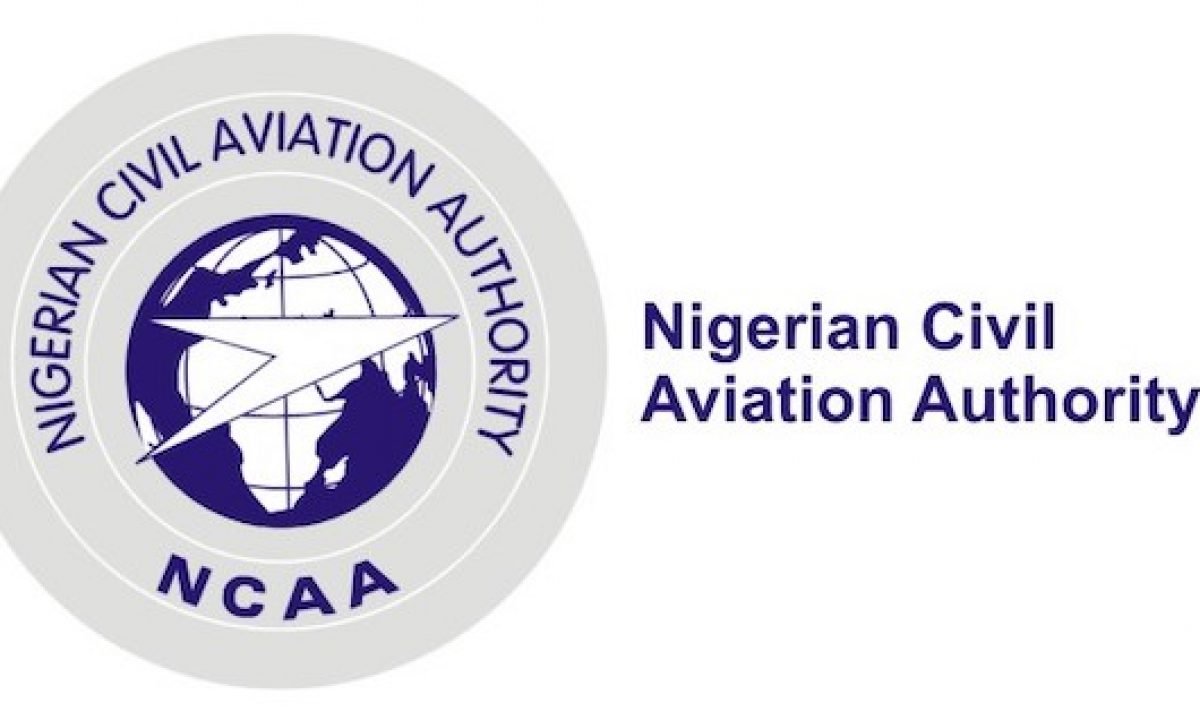CliqJets Consulting
Fostering Growth, Innovation, and Sustainability in Airline Operations

Challenges Facing the Implementation of Advanced Passenger Information Rule in Nigerian Aviation
The Nigerian aviation industry is poised for a significant transition with the upcoming implementation of the Advanced Passenger Information (API) rule, NCAA/CAO/2024/001, set to take effect on July 10th, 2024. This regulation mandates that all airlines flying into, through, and out of Nigeria must send advance passenger information to both the destination station and the departure station before departure. While this initiative aims to enhance security and streamline passenger processing, it is likely to encounter substantial challenges due to existing deficiencies in IT infrastructure and personnel competency within the industry, especially among government agency employees.
Key Challenges:
- Insufficient IT Infrastructure: The current state of IT infrastructure within the Nigerian Civil Aviation Authority (NCAA) and other relevant agencies, such as the Nigerian Immigration Service (NIS), is not adequate to handle the increased data flow that the API rule will necessitate except a quick intervention is on the way. Outdated systems, limited bandwidth, and insufficient server capacity could lead to frequent downtimes and data bottlenecks.
- Personnel Competency and Skills: Some government agency employees lack the necessary ICT skills to manage and operate the new systems effectively. This skills gap could result in delays, errors, and inefficiencies in data processing, adversely affecting the smooth implementation of the API rule.
- Stakeholder Readiness: Airlines and other aviation stakeholders need to configure their systems and establish seamless communication with the NIS before the effective date. Given the current state of IT readiness among these stakeholders, meeting the deadline could prove challenging.
- Fixing Aviation Surety Bonds in Nigeria
- When Safety Meets the Clock: Why Airlines Can’t Afford to Gamble
- NSIB Hosts 12th BAGAIA Commission Meeting in Abuja
- ✈️ How Commercial Airlines Boost Nigeria’s GDP
- Error Management Techniques in Flight Operations
Proactive Measures for Stakeholders:
At Cliqjets Consulting, we believe that to ensure smooth integration and compliance with the new Advanced Passenger Information API rule, stakeholders need to adopt a proactive approach:
- Early System Configuration and Testing: Airlines should begin configuring their systems immediately and conduct comprehensive testing in collaboration with the NIS to identify and address any technical issues well before the implementation date.
- Training and Capacity Building: There should be an urgent focus on training personnel to enhance their ICT skills. This includes providing specialized training programs for government agency employees in collaboration with the airline’s employees to ensure they are well-equipped to manage the new systems efficiently.
- Collaboration and Communication: Effective communication and collaboration between airlines, the NIS, and the NCAA are crucial. Regular meetings and workshops should be held to address concerns, share progress updates, and ensure all parties are aligned.
Recommendations for the Nigerian Civil Aviation Authority:
Our research at Cliqjets Consulting revealed that to facilitate a smooth transition and avoid potential disruptions, the NCAA and the NIS should do the following:
- Upgrade IT Infrastructure: Invest in upgrading the IT infrastructure to handle the increased data load. This includes expanding server capacity, enhancing network bandwidth, and implementing robust data security measures.
- Provide Technical Support: Establish a dedicated technical support team to assist airlines and other stakeholders with system configuration and integration issues. This team should be available around the clock, especially in the initial phases of implementation.
- Implement a Phased Rollout: Consider a phased rollout of the API rule to allow stakeholders to gradually adapt to the new requirements. This approach can help identify and resolve issues on a smaller scale before full implementation.
- Monitor and Evaluate: Set up a monitoring and evaluation framework to assess the implementation process continually. This includes gathering feedback from stakeholders and making necessary adjustments to improve efficiency and effectiveness.
Conclusion
I’m optimistic that by addressing these challenges and adopting a proactive and collaborative approach, the Nigerian aviation industry can ensure a smooth and successful implementation of the Advanced Passenger Information rule, ultimately enhancing security and operational efficiency for all stakeholders involved.






Hey people!!!!!
Good mood and good luck to everyone!!!!!